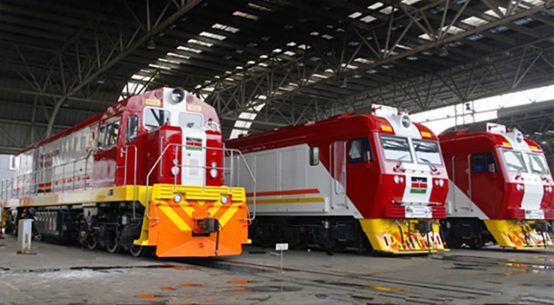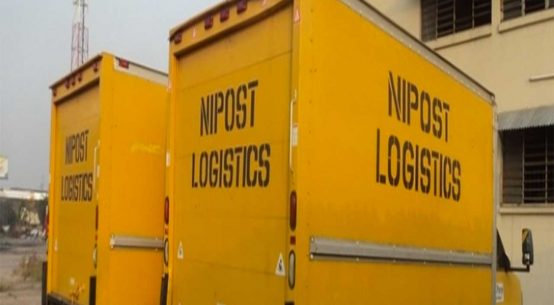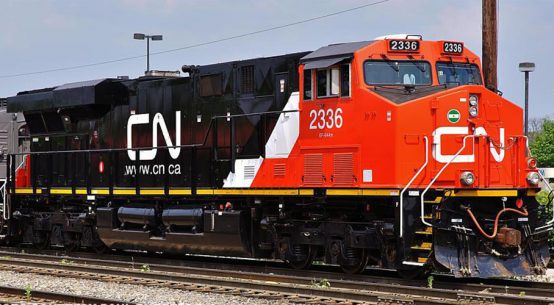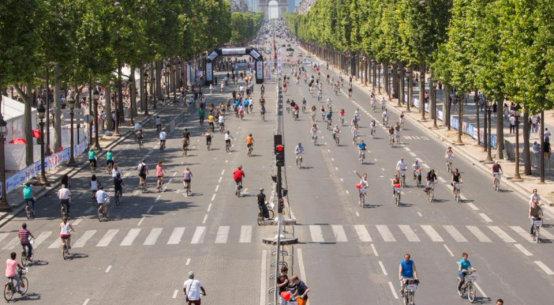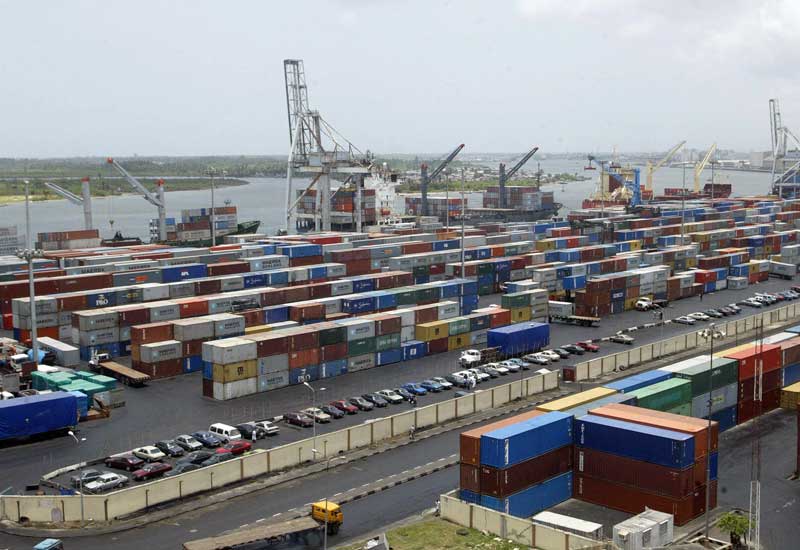
Lagos Port
Lagos – The Nigerian Government has concluded plans to make importers take delivery of their cargoes cleared from Lagos ports at Papalanto in Ogun State via rail lines.
This was disclosed by the country’s Minister of Transport, Mr. Rotimi Amaechi, who said the government has made provisions for the supply of 100 wagons and 60 locomotives to ease the movement of cargoes out of the Lagos ports.

Amaechi was speaking at the just concluded World Maritime day celebration in Lagos with the theme “Connecting Ships, Ports and people”, where he lamented the traffic congestion suffocating business activities in the Apapa area of Lagos.
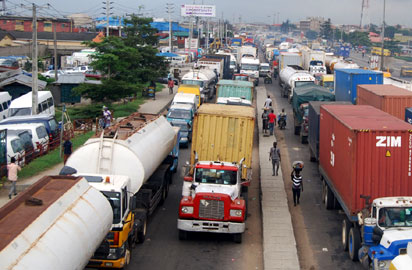
The minister said the new arrangement would reduce the logjam on Lagos roads caused by the road rehabilitation and reconstruction at Apapa which is causing serious traffic challenges.
“The ministry is worried at the time being wasted in the ports and therefore is reviewing policies with a view to improving cargo transportation. With effective rail transportation of goods from the ports to the hinterland, less pressure will be on the roads and goods will get to destinations more secured and at less costs.”
According to him, the theme of the celebration is focusing on helping International Maritime Organisation (IMO) member states to develop and implement maritime strategies to invest in a joined-up interagency approach that addresses a whole range of issues.
The issues he highlighted included, the facilitation of maritime transport, increasing efficiency, navigational safety, protection of the marine environment and maritime security.
Follow us on Twitter for more Logistics New
Amaechi said IMO would contribute to achieving the United Nations’ Sustainable Development Goals (SDGs) in response to the challenges facing the world at the moment. The challenges, he noted, include increasing world population, climate change, threats to the environment, unsustainable exploitation of natural resources and threats to food security.



